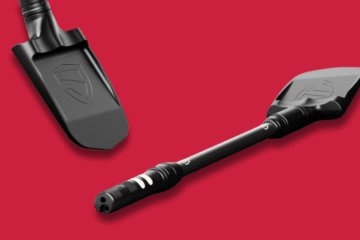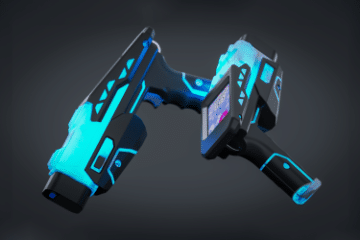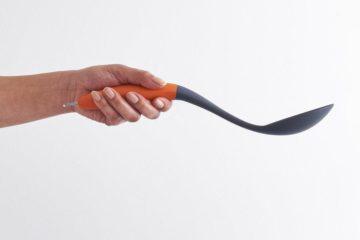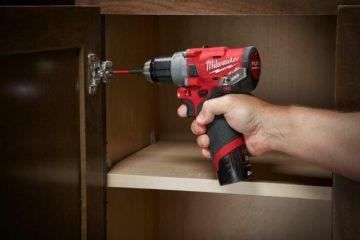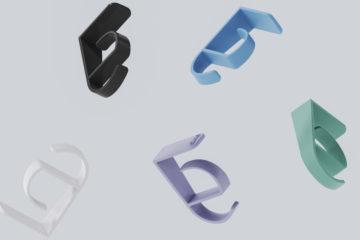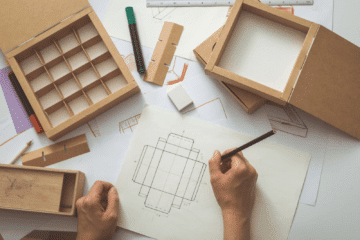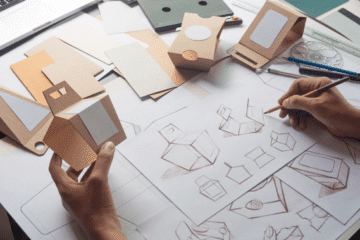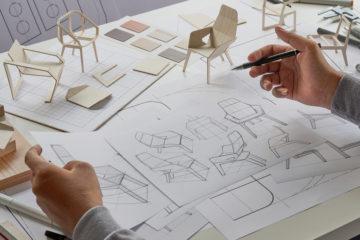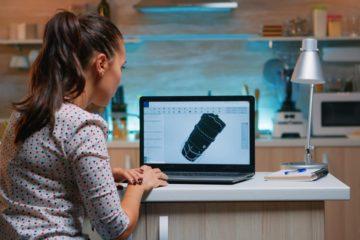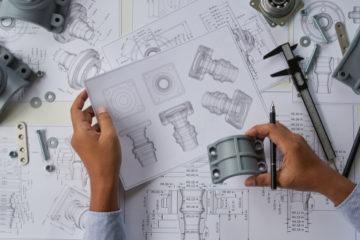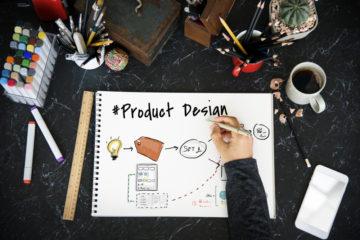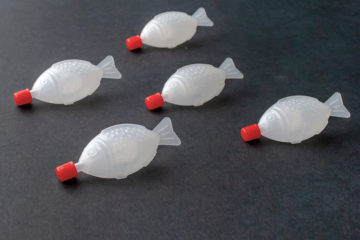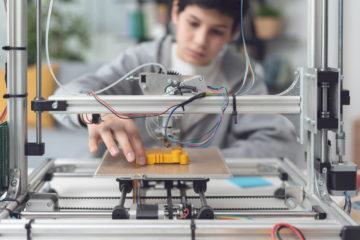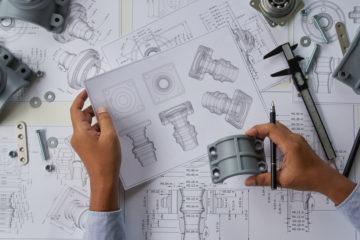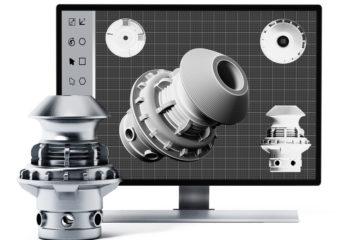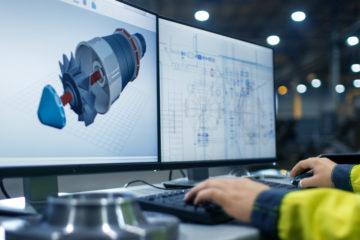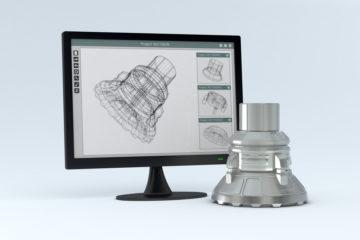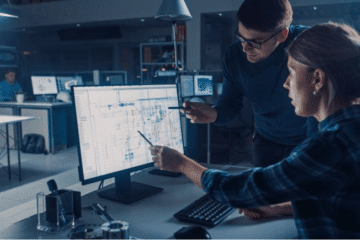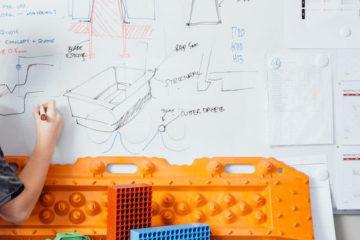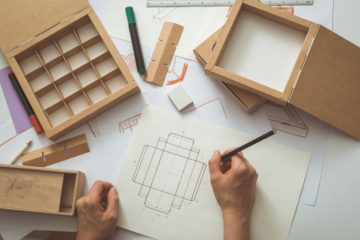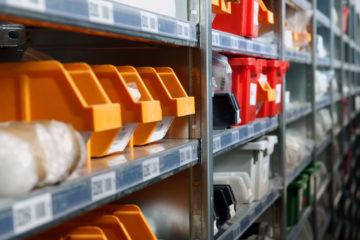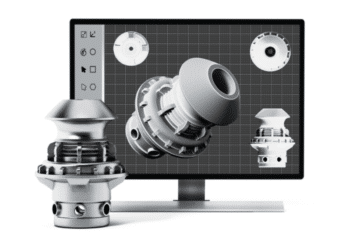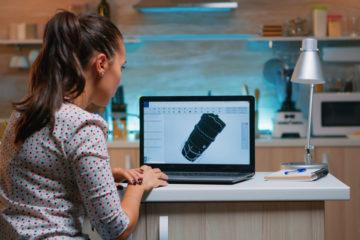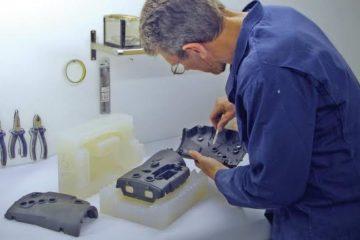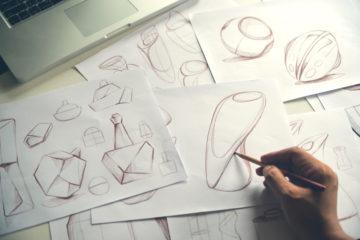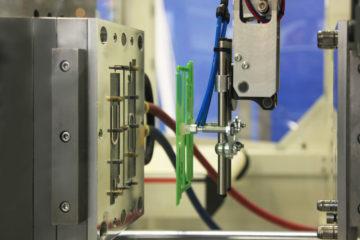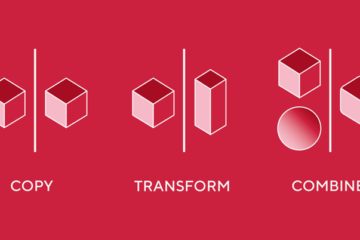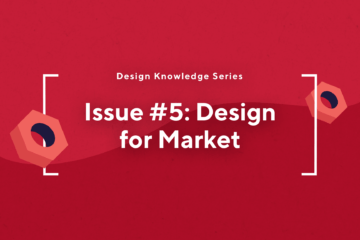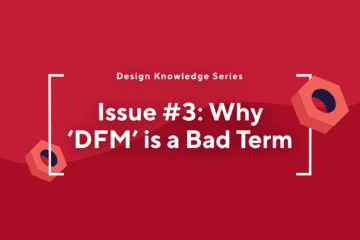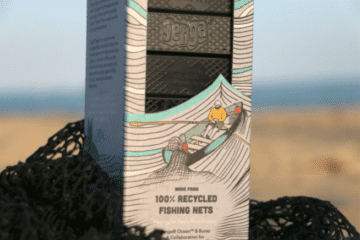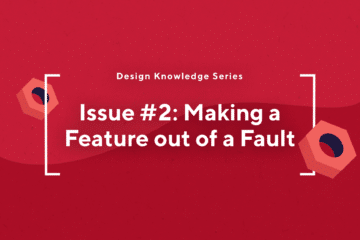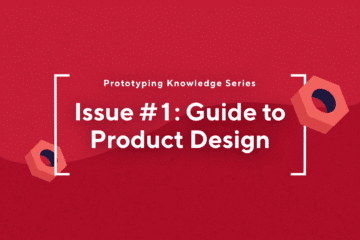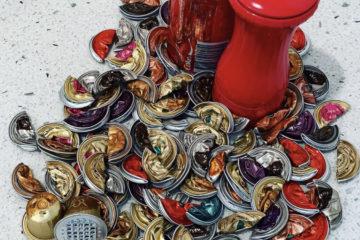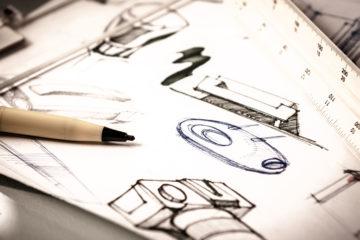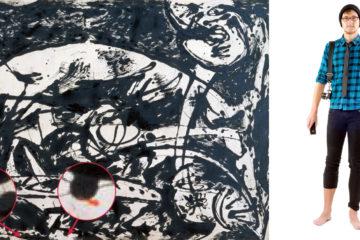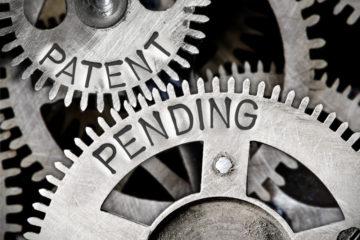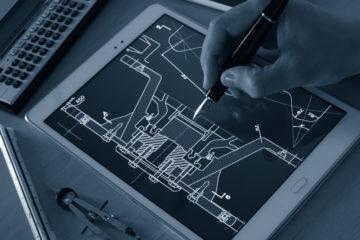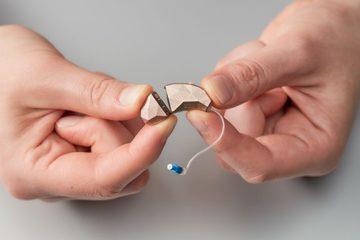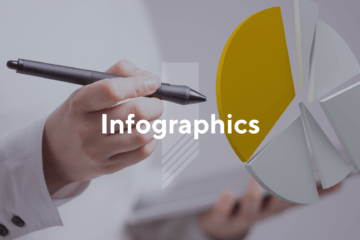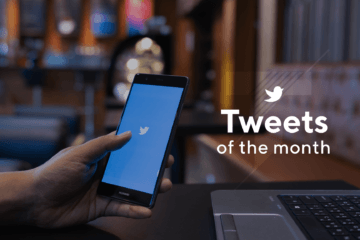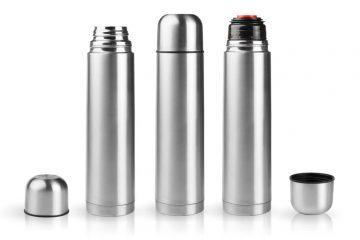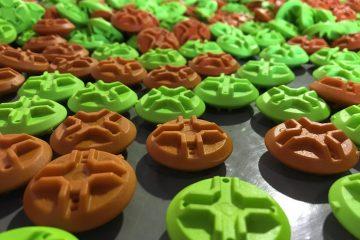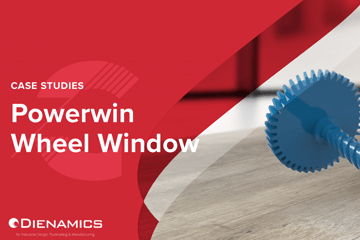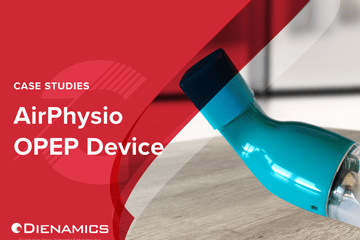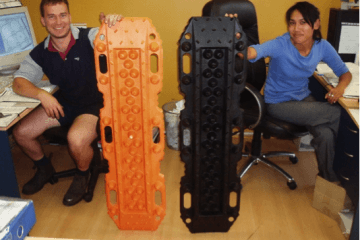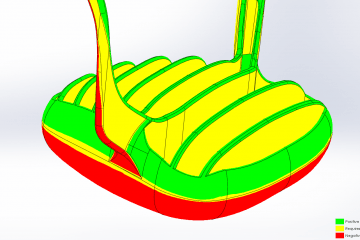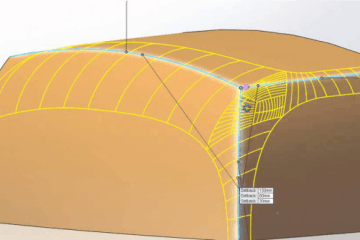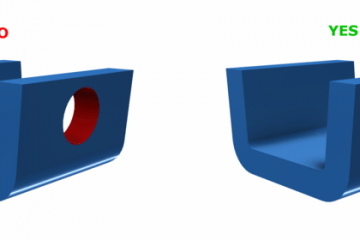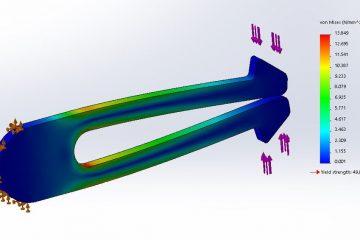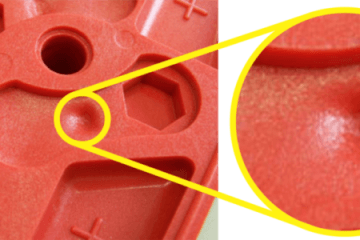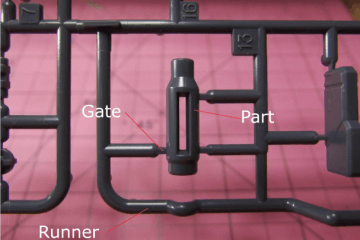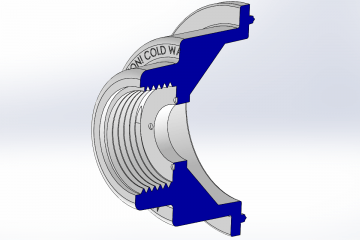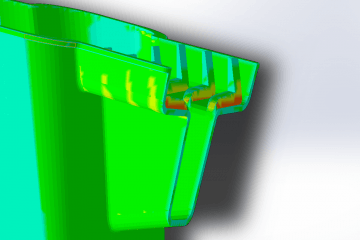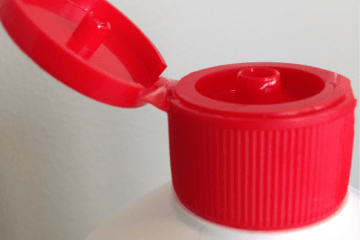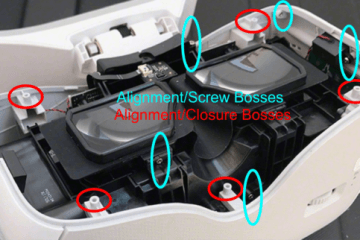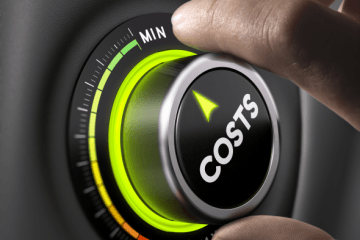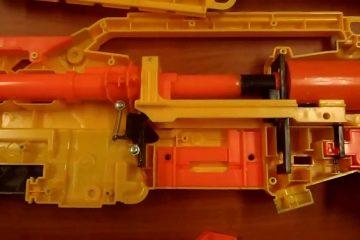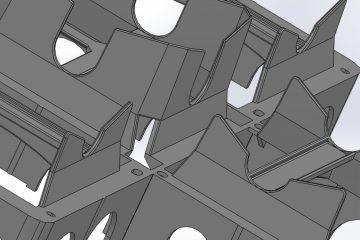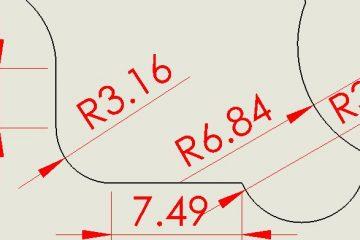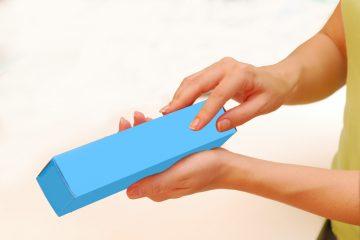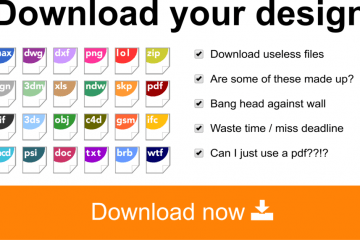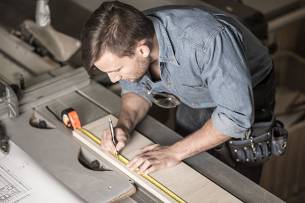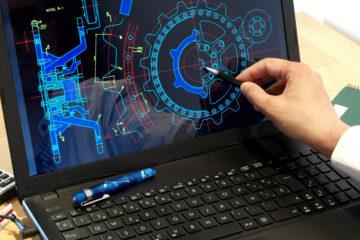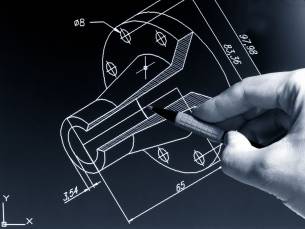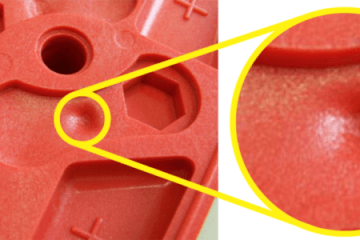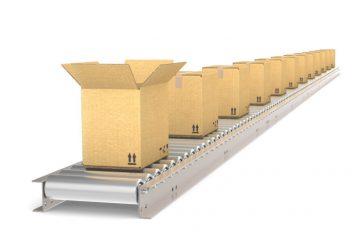If you want to make anything these days, you are know you are going to consult with an industrial designer. Some of the best understand how to get your ideas ready for the toolmaker so that you can produce what you need for, let’s say, plastic injection moulding – the most common method of production in the world today. But what to look for in an industrial designer. This is a very broad subject, but there are some common denominators that we can all adhere to. Here is some advice on what to look for…
- Experience in your field. This is natural enough. It is a good idea to find someone who has experience in designing products in a similar category to what you are looking for. You may be looking to produce something unique but it does not mean that you want to stray away from of the norms of your category. Standards do apply and to make your product functional and sell well, it is highly recommended that you stick to them. Your designer should know your field well from top to bottom. That individual or organisation should know your potential pitfalls.
- One that can listen. Taking your ideas and making them into a new reality is very important for you. A designer that can really listen to what you are getting at, will often need to listen to you well. The problem with many designers is that they may think they have the solution in mind when they haven’t really listened to your needs. One that picks up on what you are saying and has the ability top extrapolate on them.
- Enthusiasm. Is expressed in a final product’s quality. Enthusiasm is the source of all imagination. Someone who can turn the mundane into the extraordinary is someone who is deeply interested. Look for someone who is in love with product design to turn out the best final product for you.
- Creative and practical. The best product allows us to do old things in very new ways. To be able to design something that is new and also very practical. Often we see conflict in these issues. It is important you find someone or a company that is creative and practical. This will mean someone who really understands the limits and potentials of materials in real life situations.
- Add to your experience. What ever idea you have, someone who has real hands on experience and knows what they are doing should be able to enhance your ideas. They should know what works and what could potentially go right, and what could go wrong with your project.
- Communication and timeliness. Are very important prerequisites. Combing the need to for creativity and the need for precision and the time constraints in business are essentials. How well is your industrial designer communicating with you and keeping to a working schedule?
Remember you are dealing with someone that must take creative ideas, and deal with creative solutions that will work in real practical terms. Give your professional the room to do so.
Subscribe to Our Newsletter
Get the latest news from Dienamics into your inbox





